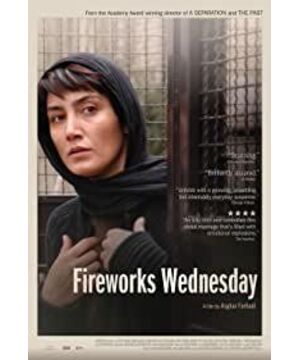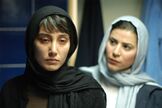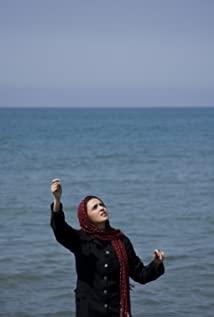In the early works of Iranian director Farhadi, it can be seen that he is good at rumors, suspense, women's status and other elements from the beginning. The story tells the story of a girl who is about to get married and works part-time in a family, witnesses the farce of marriage derailment, and has a new understanding of marriage. Combined with Iranian religious culture, women are very vulnerable in marriage. The film actually draws on the young girl's point of view to tell the story of the hostess' trauma after facing her husband's infidelity. The film's portrayal of the hostess of the family, the middle class, is a relatively independent existence in the female group, but it is still criticized by others and becomes more and more neurotic. Echoing the heroine, it is inevitable to imagine whether the upcoming marriage will be a prison for the girl. Many details of the film reflect the social atmosphere, showing a lack of respect for women from the beginning of the child. The director is very good at telling stories in combination with the big environment atmosphere. For example, the fireworks that render the contradictory atmosphere in the story and metaphorize the short-lived life of women are similar to the Spring Festival firecrackers in Iranian culture. This film belongs to the director's work with a relatively weak story. The heroine's perspective is very on the sidelines, and there is less intervention. Unlike other works, it creates a strong opposition between people and classes.
View more about Fireworks Wednesday reviews











